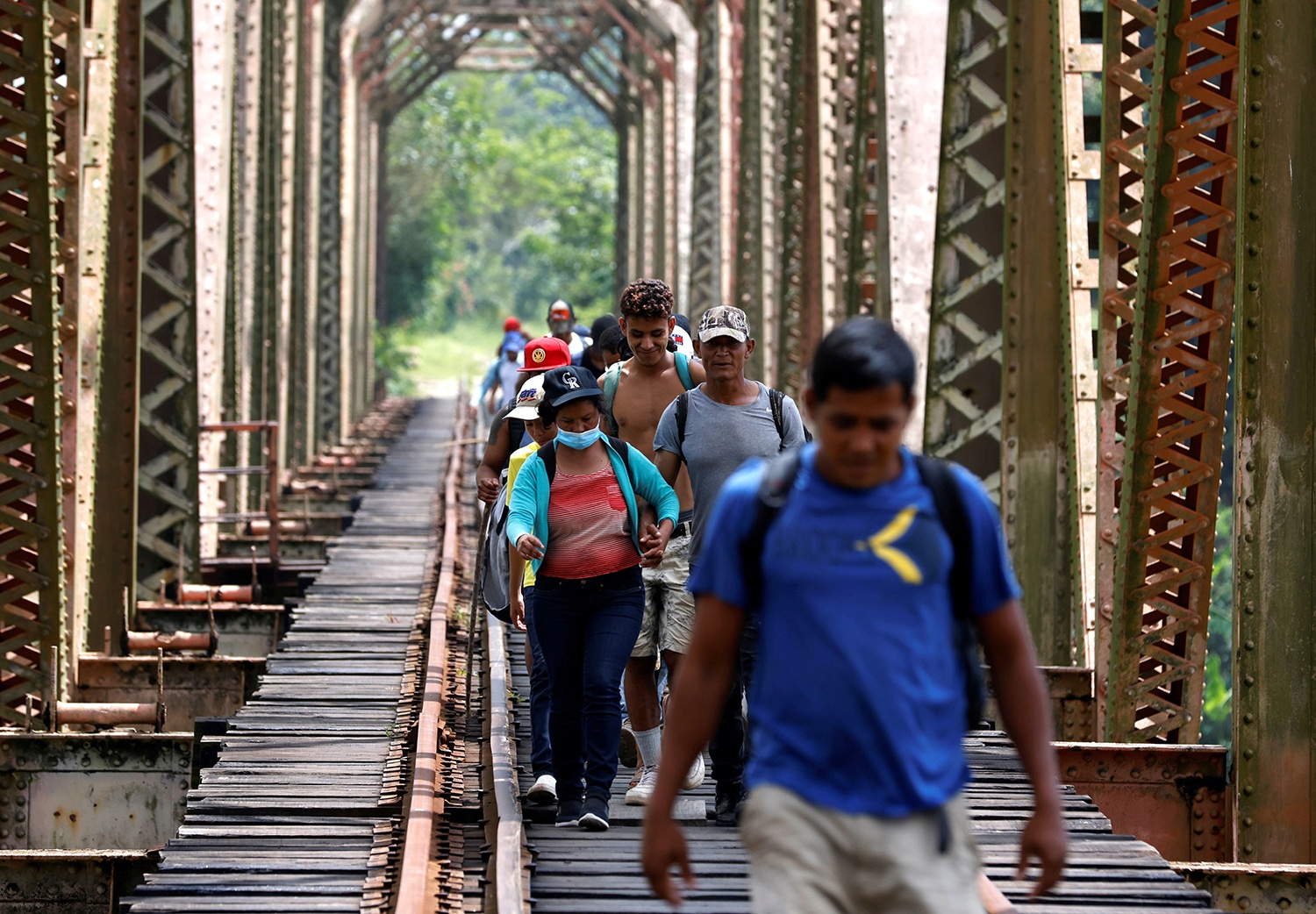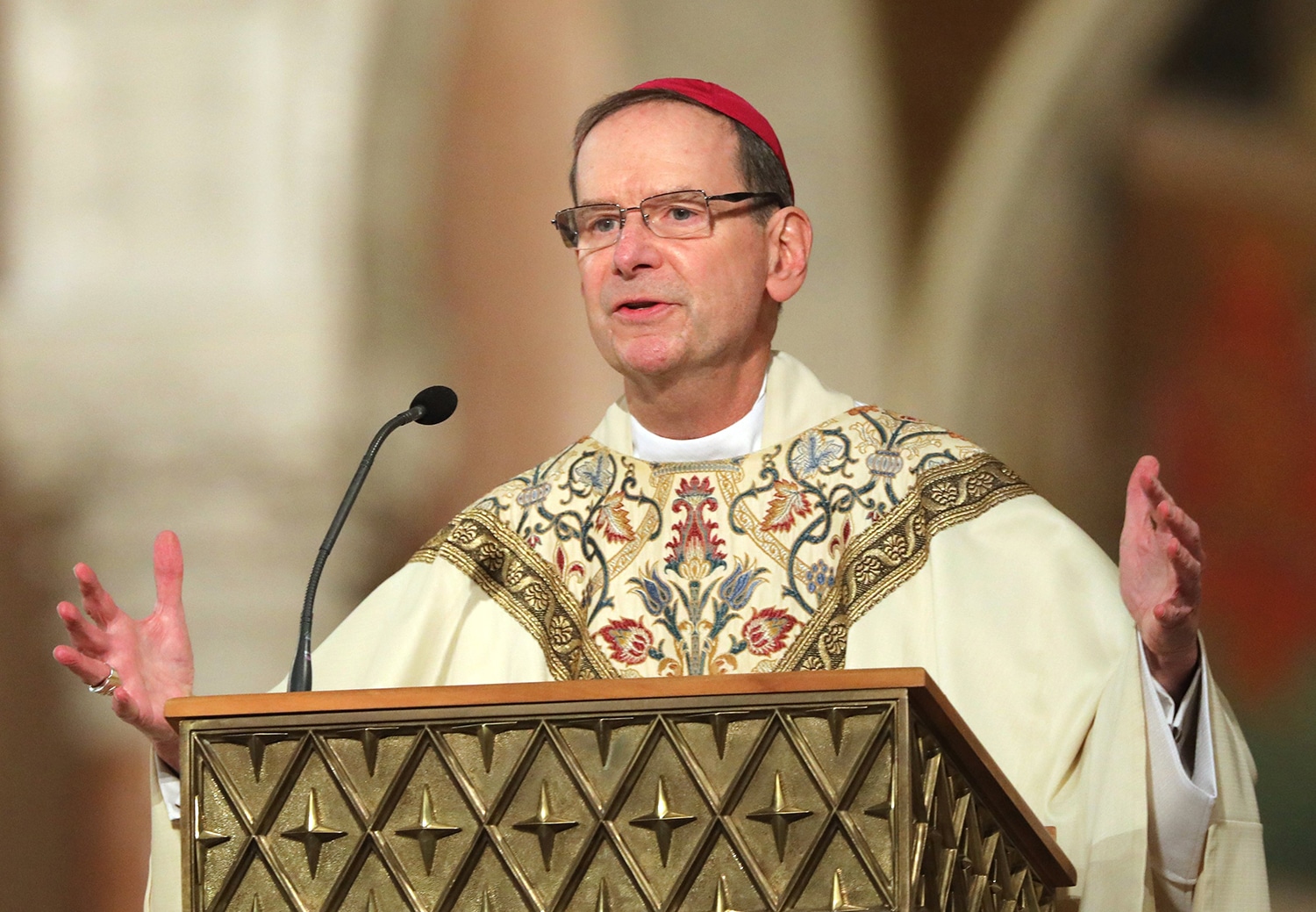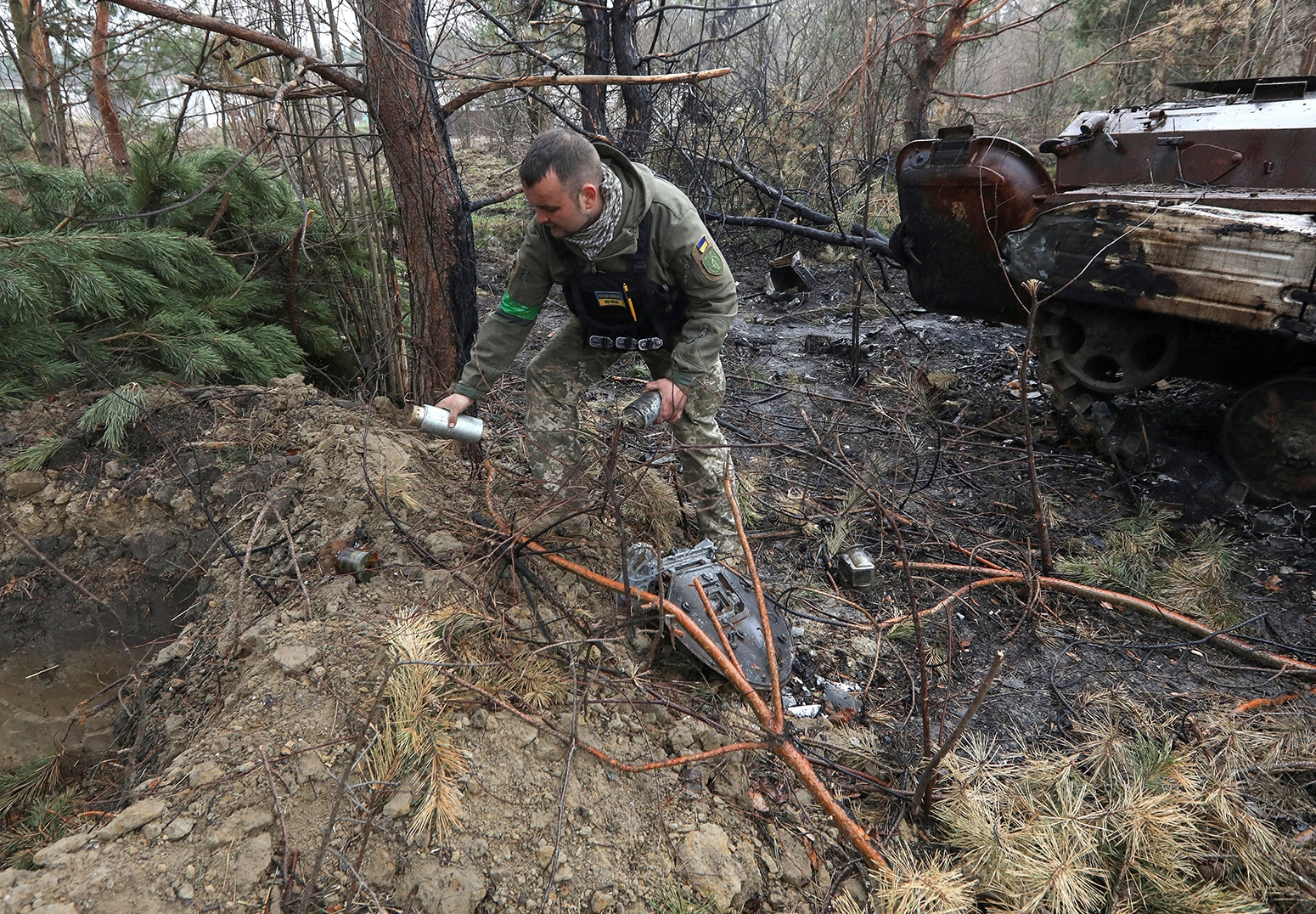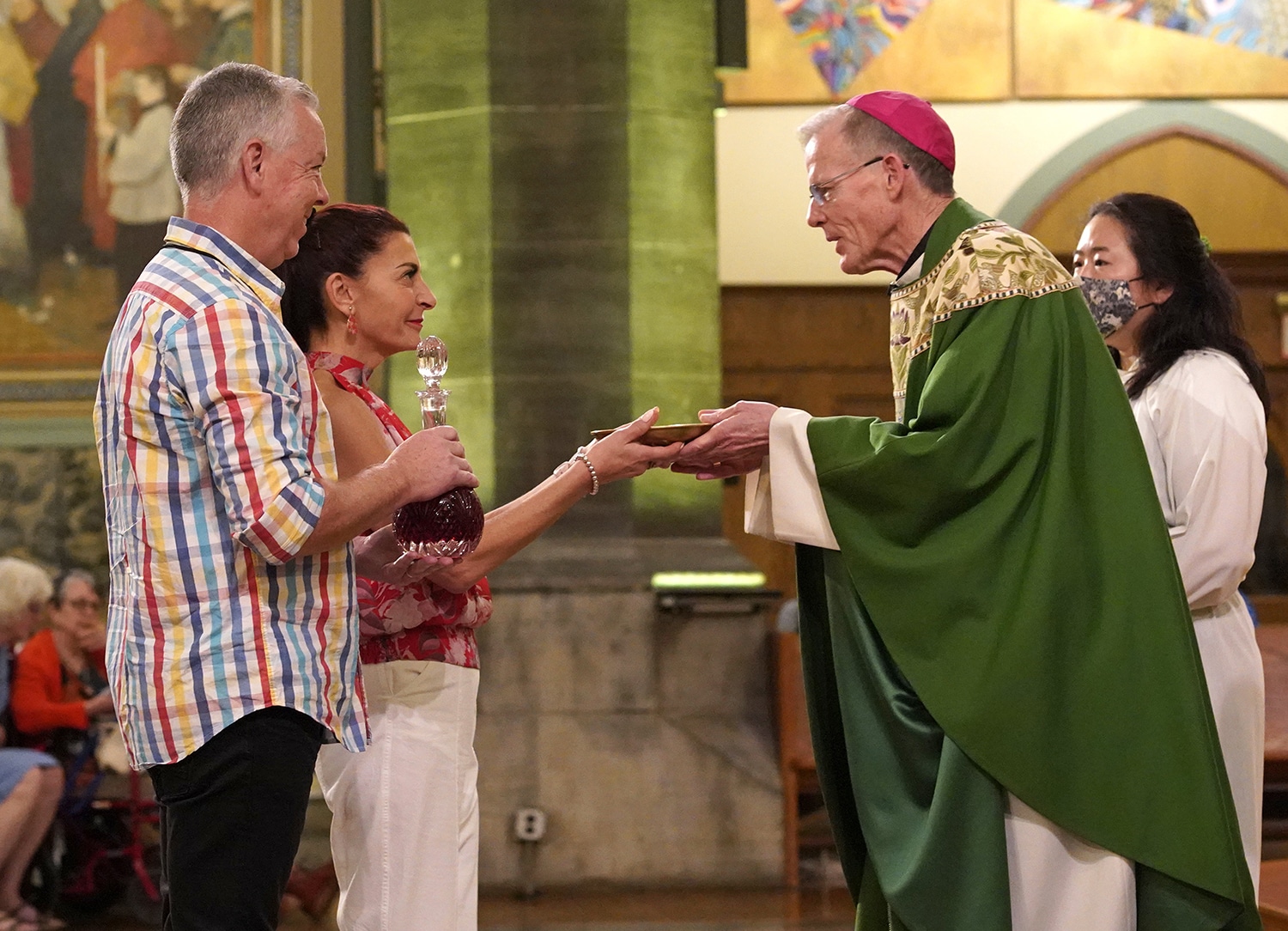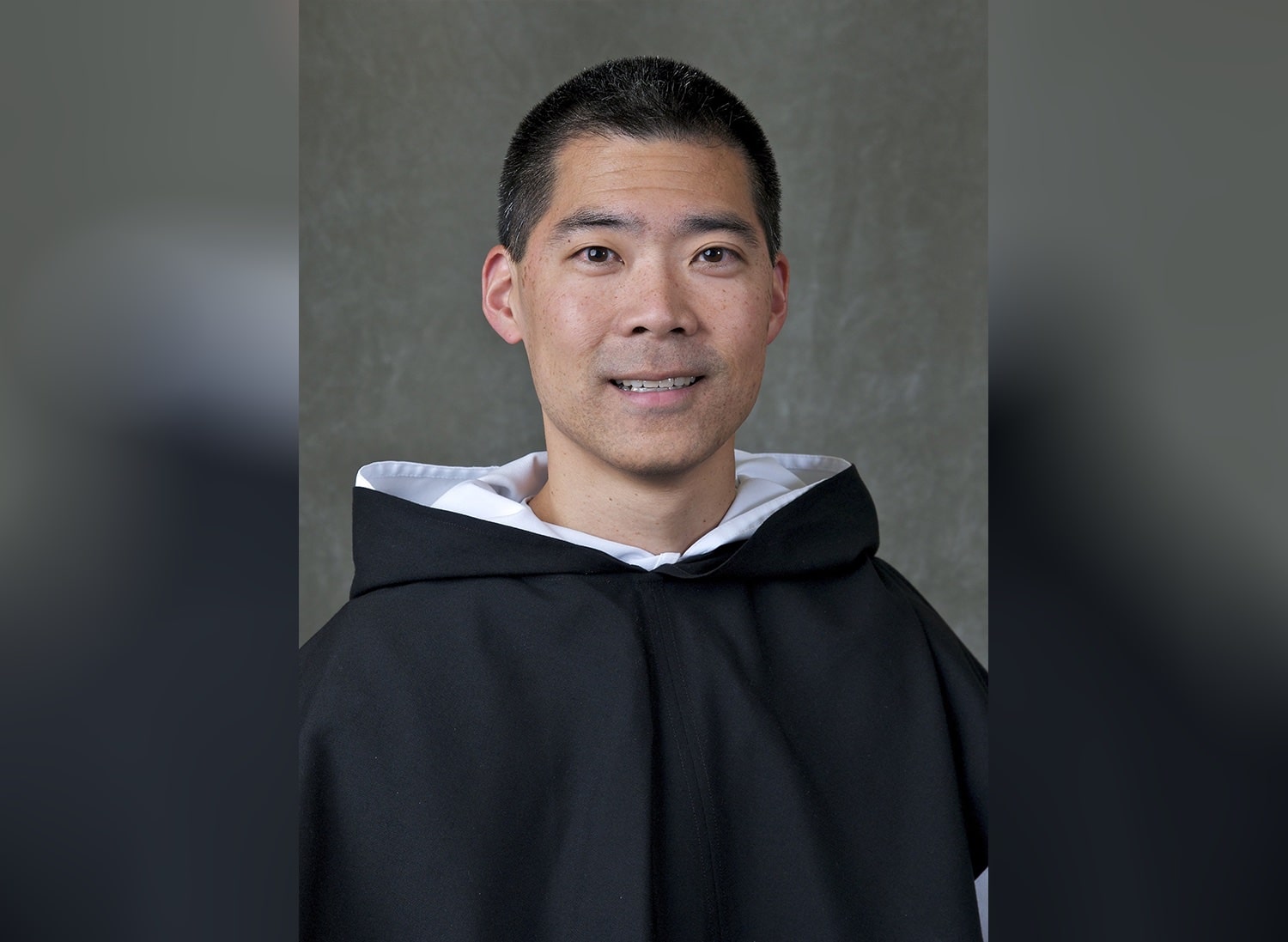WASHINGTON (OSV News) — The U.S. bishops July 10 praised a recent announcement by the U.S. Department of Homeland Security that it would expand family reunification processes for some migrants.
On July 7, the department said it would implement the new processes for eligible nationals of Colombia, El Salvador, Guatemala and Honduras. The expanded program, which began July 10, permits migrants from those countries to travel to the U.S. and gain work permits if they have family members who are U.S. citizens or legal residents, and those relatives filed visa applications on their behalf. Parole would be determined on a case-by-case basis, officials said.
In a statement, Bishop Mark J. Seitz of El Paso, Texas, chairman of the U.S. Conference of Catholic Bishops’ Committee on Migration, said the bishops “welcome this effort to provide a realistic opportunity for attaining family unity and reunification, which are foundational to the U.S. immigration system and central tenets of Catholic social teaching.”
“As we know, ‘Family relations contribute decisively to the sound building of human society in fellowship, which cannot be reduced to simply the inhabitants of a territory or citizens of a State who live together,'” Bishop Seitz said, citing a 2015 Vatican report.
“Unfortunately, what the need for such programs demonstrates — and as similar programs created for Cubans and Haitians have already underscored — is that backlogs continue to pose untenable challenges for aspiring immigrants who seek to avail themselves of the limited legal pathways currently available, whether family- or employment-based in nature,” he continued. “This is why my brother bishops and I, along with the vast majority of civic leaders and the American public, know immigration reform is ultimately the only true and sustainable solution to these challenges.”
Bishop Seitz said the bishops “continue to urge Congress to come together on a bipartisan basis to achieve this, a difficult but not impossible task, as demonstrated by recent measures such as the Dignity Act.”
Among other provisions, the measure “takes into account the contribution of immigrants — including Dreamers — to our country by granting them legal protections to remain in the United States if they meet certain conditions,” co-sponsor Rep. Jenniffer González Colón, R-Puerto Rico, said in a statement. “Dreamers” refer to immigrant young people, brought to the U.S. as children without legal authorization, who qualify for the Development, Relief and Education for Alien Minors (DREAM) Act.
The Dignity Act also would secure the border and create a process for those already in the U.S. without authorization to pay restitution and “integrate into American society.”
Immigration officials said the move on family reunification was intended to “provide lawful pathways” for migrants seeking citizenship or legal residency in the United States and to “reduce dangerous irregular migration.”
In a July 7 statement announcing the new processes, Secretary of Homeland Security Alejandro Mayorkas said his department will “promote family unity and provide lawful pathways consistent with our laws and our values.”
“The Department has proven that the expansion of safe, orderly, and lawful pathways, combined with strong enforcement, is effective in reducing dangerous, irregular migration to the United States,” Mayorkas said.

